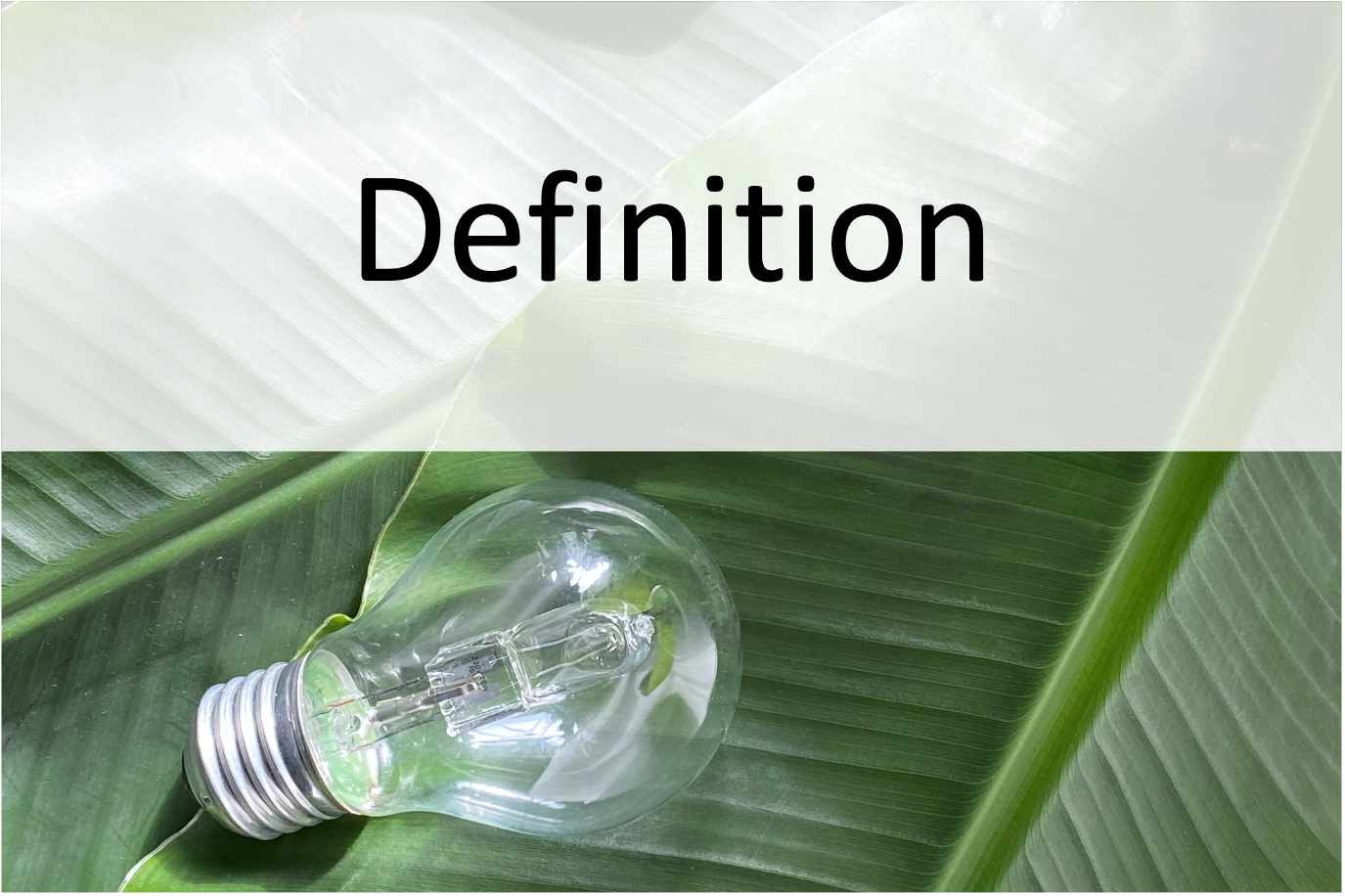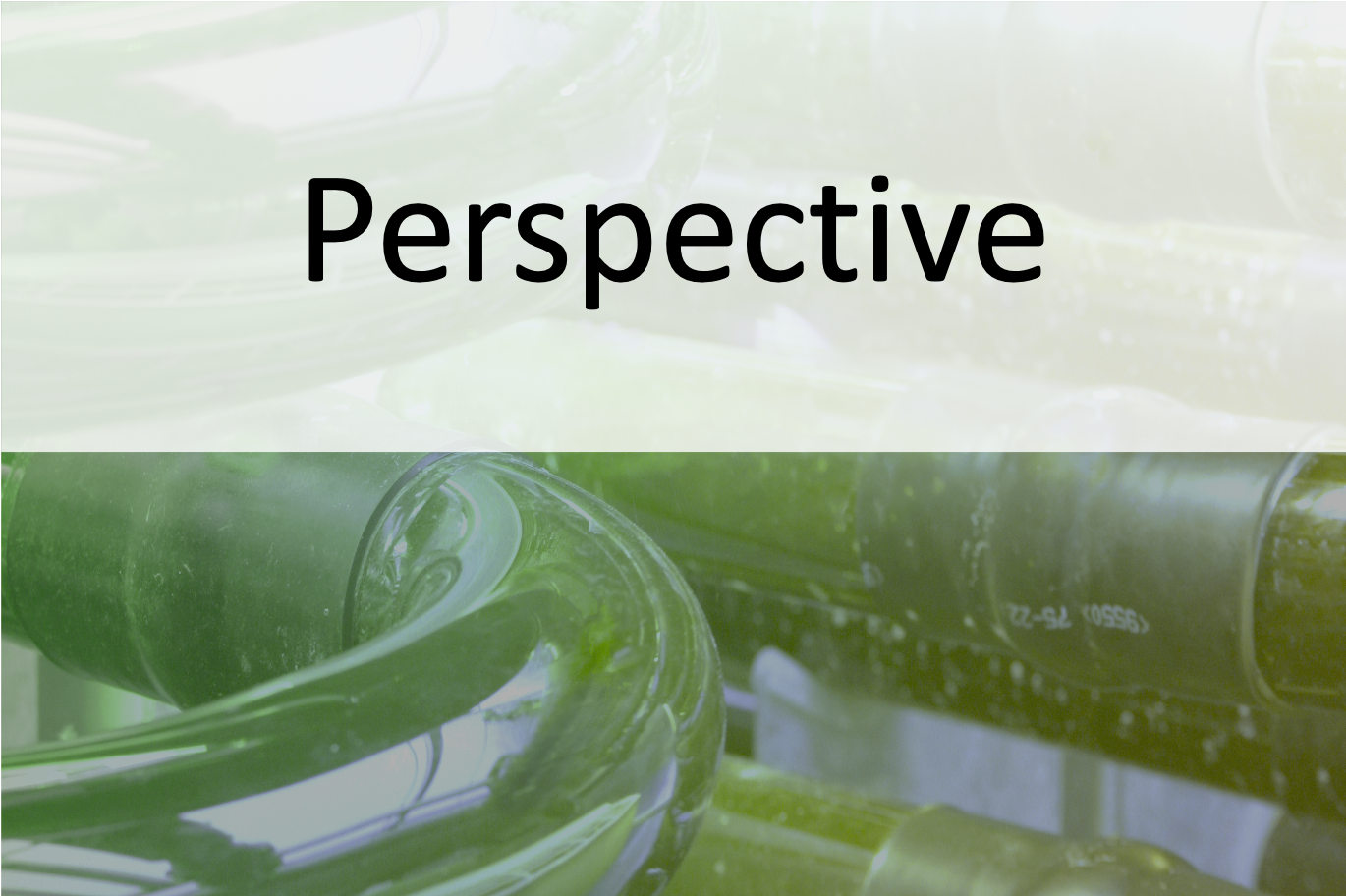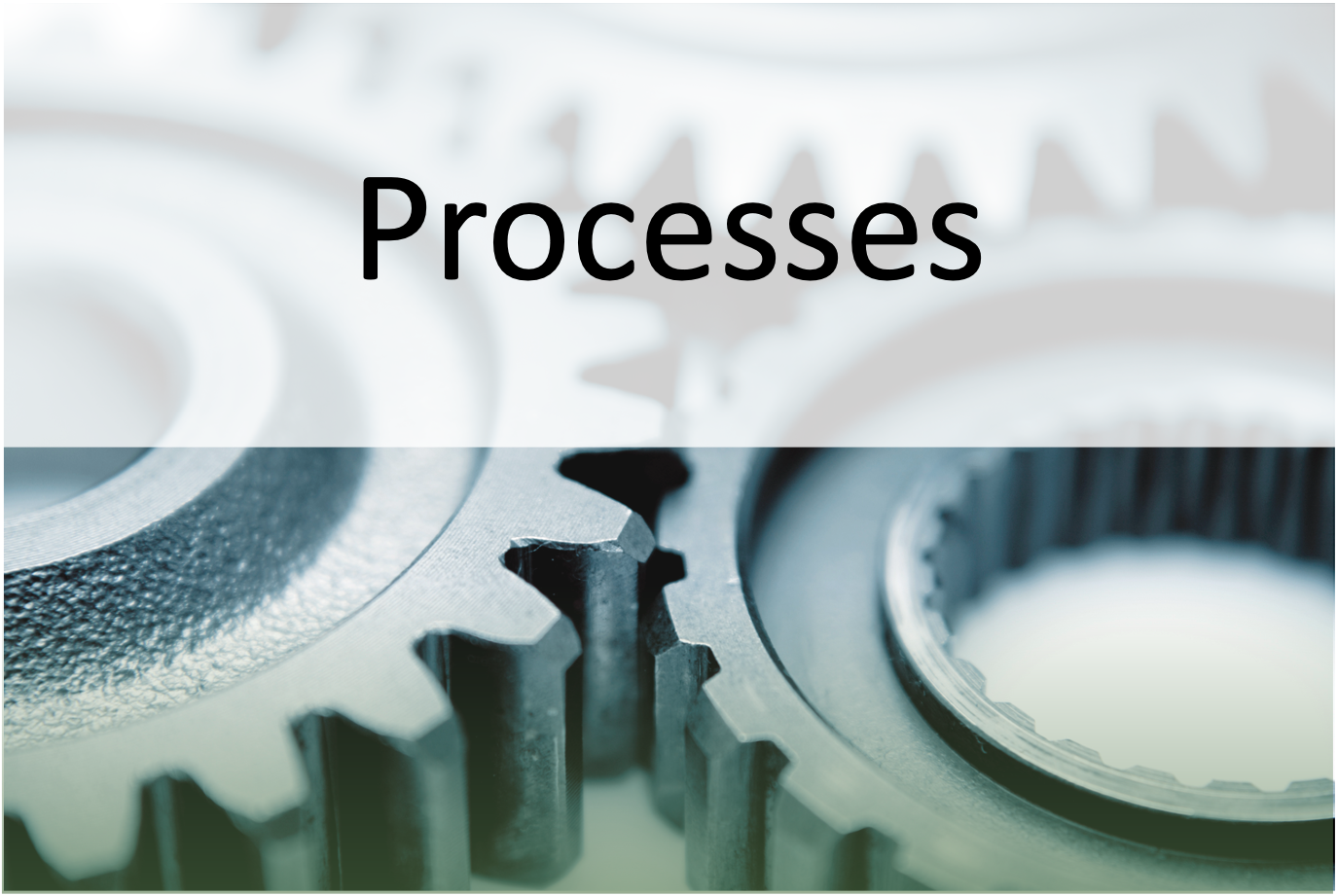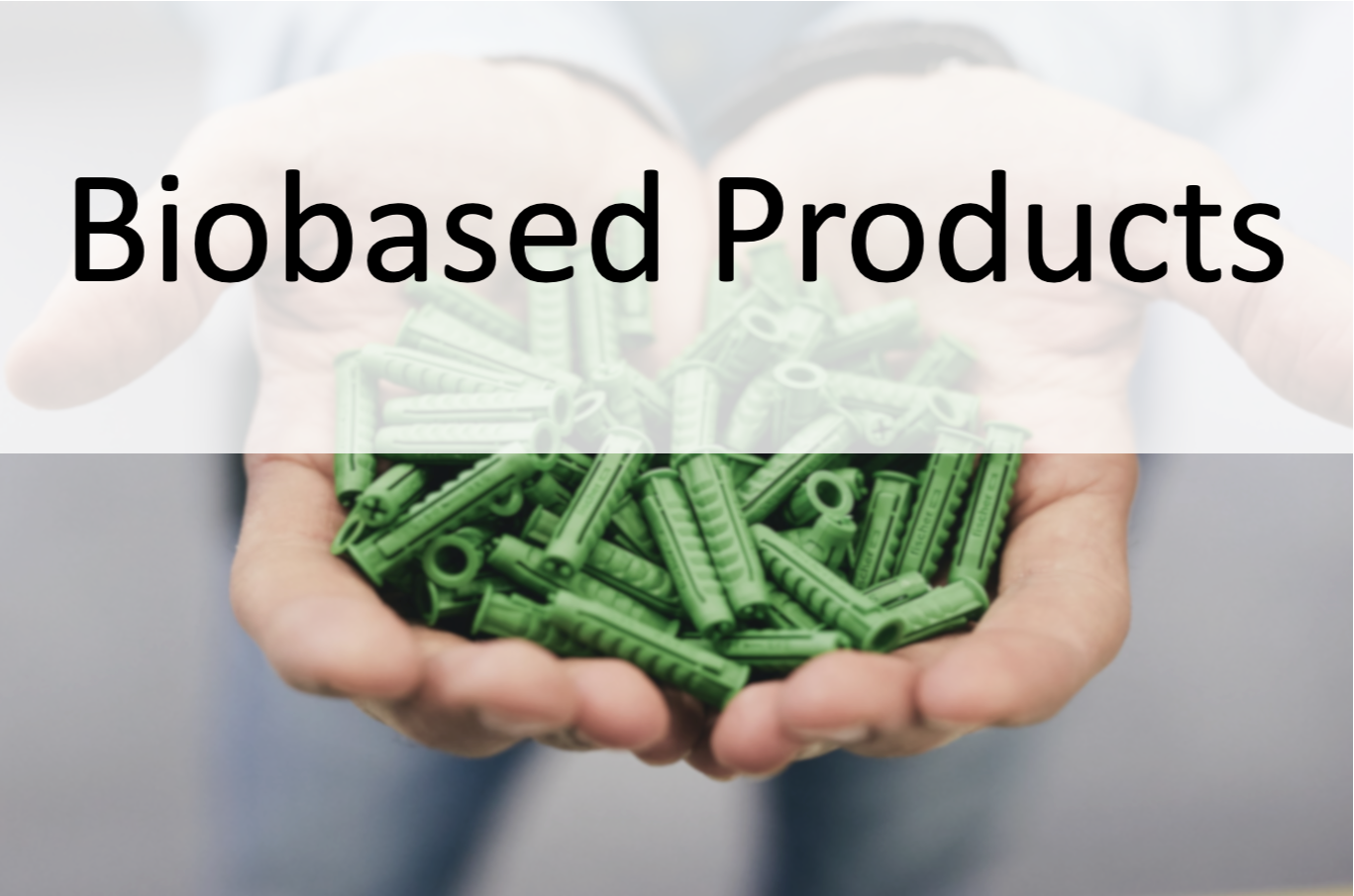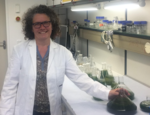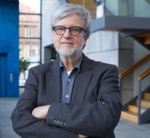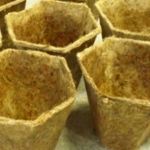
Plant pots made of natural fibres – "bio", no ifs or buts
Plastic plant pots are not good for the environment; strictly speaking, they should not even be disposed of in recycling bins. Alternatives such as coconut fibre pots are compostable, but not pollutant-free and not "bio" at all. The Karlsruhe-based company Fiber Engineering has developed a truly ecofriendly way to grow plants: pots made of hemp or grass, which are preserved with biological components and decompose completely within a…

